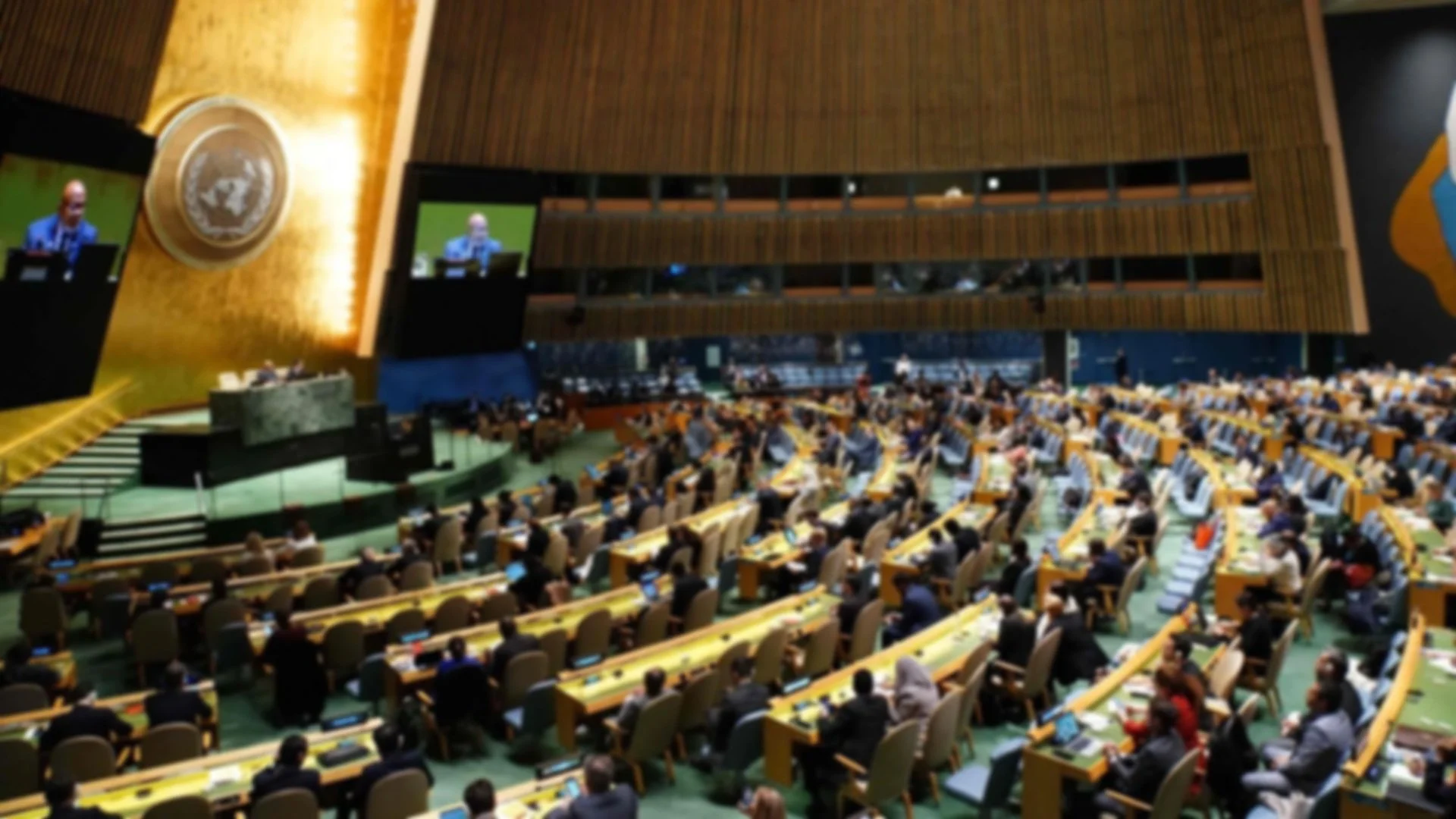UNSC
Topics
Topic 1
Question The question of addressing the threats posed by cyber warfare to international peace and security
Description Assess the threats posed by cyber warfare to international peace and security.
Topic 2
Question The question of preventing the militarization of emerging technologies and autonomous weapons systems
Description Explore international measures to prevent the militarization of emerging technologies and autonomous weapons systems.
Countries
-
A federal republic and global superpower, the U.S. plays a leading role in international diplomacy, defense (NATO), and economic institutions. Its politics are highly polarized domestically, but its foreign policy generally promotes liberal democratic values, human rights, and free trade.
-
China is a single-party state governed by the Communist Party of China (CPC), with President Xi Jinping consolidating significant power. The government maintains strict control over political expression, media, and civil society. China's foreign policy emphasizes sovereignty and non-interference, often clashing with Western nations on human rights issues.
-
A federal semi-presidential republic, Russia under President Vladimir Putin has become increasingly authoritarian. It exerts strong influence over former Soviet states, opposes Western NATO expansion, and is widely condemned for its 2022 invasion of Ukraine, which has led to sanctions and global isolation.
-
A constitutional monarchy with a parliamentary system, the UK is a permanent UNSC member and global diplomatic power. Post-Brexit, it seeks to redefine its international role, supporting NATO and Ukraine while navigating domestic political fragmentation.
-
France is a semi-presidential republic with a history of political stability. However, the 2024 legislative elections resulted in a hung parliament, leading to governmental instability. President Emmanuel Macron's administration faces challenges in forming a stable government amid a fragmented political landscape.
-
Germany is a federal parliamentary republic. In 2025, Friedrich Merz became Chancellor following the collapse of Olaf Scholz's coalition. Merz's administration emphasizes stricter migration policies and aims to reassert Germany's leadership role in Europe, facing challenges from rising far-right sentiments.
-
Brazil operates as a federal republic under a presidential system. President Luiz Inácio Lula da Silva, re-elected in 2022, emphasizes social inclusion and environmental protection. Brazil maintains a non-aligned foreign policy, balancing relations with Western countries and emerging powers like China and Russia.
-
India is a federal parliamentary democratic republic. Under Prime Minister Narendra Modi and the Bharatiya Janata Party (BJP), the government has faced criticism for policies perceived as discriminatory against minorities and for increased restrictions on press freedoms. Despite these concerns, India maintains a robust electoral democracy.
-
Japan is a constitutional monarchy with a parliamentary government. It maintains a pacifist constitution but has been increasing its defense capabilities in response to regional threats. Japan is a key ally of Western countries in Asia and plays a significant role in global economic and technological sectors.
-
A unitary republic led by President Volodymyr Zelenskyy, Ukraine has become a symbol of resistance following Russia’s 2022 invasion. It is seeking EU and NATO membership, has rallied global diplomatic and military support, and is at the center of the current European security crisis.
-
Iran is an Islamic republic with a theocratic governance structure, where the Supreme Leader holds significant power over state affairs. The country faces international sanctions over its nuclear program and has been criticized for human rights violations. Iran maintains a confrontational stance towards Western policies in the Middle East.
-
Israel is a parliamentary democracy with a diverse political landscape. It faces ongoing conflicts with Palestinian territories and regional tensions with neighboring countries. Israel maintains strong alliances with Western nations, particularly the United States.
-
A presidential republic under Recep Tayyip Erdoğan, Turkey has increasingly centralized power and suppressed dissent. It plays a key regional role, balancing relations with NATO, Russia, and the Middle East, and often asserts an independent and sometimes controversial foreign policy.
-
North Korea is a totalitarian state under the Kim dynasty, with a centralized government and strict control over its population. The country faces international sanctions due to its nuclear weapons program and has limited engagement with the global community.
-
An absolute monarchy under King Salman and Crown Prince Mohammed bin Salman, Saudi Arabia is undergoing rapid economic and social reforms (Vision 2030) while maintaining strict political control. It’s a major player in OPEC and Middle Eastern politics, often criticized for human rights abuses.

